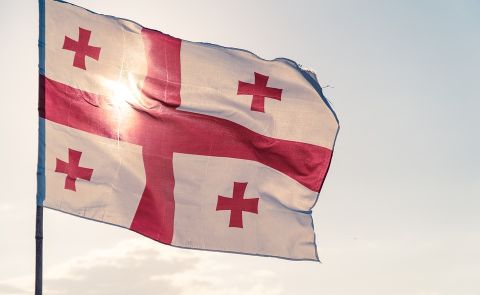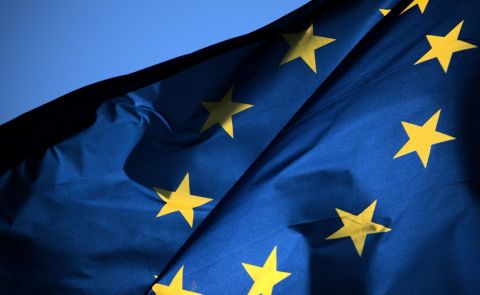
Two new EU projects to be implemented in Georgia
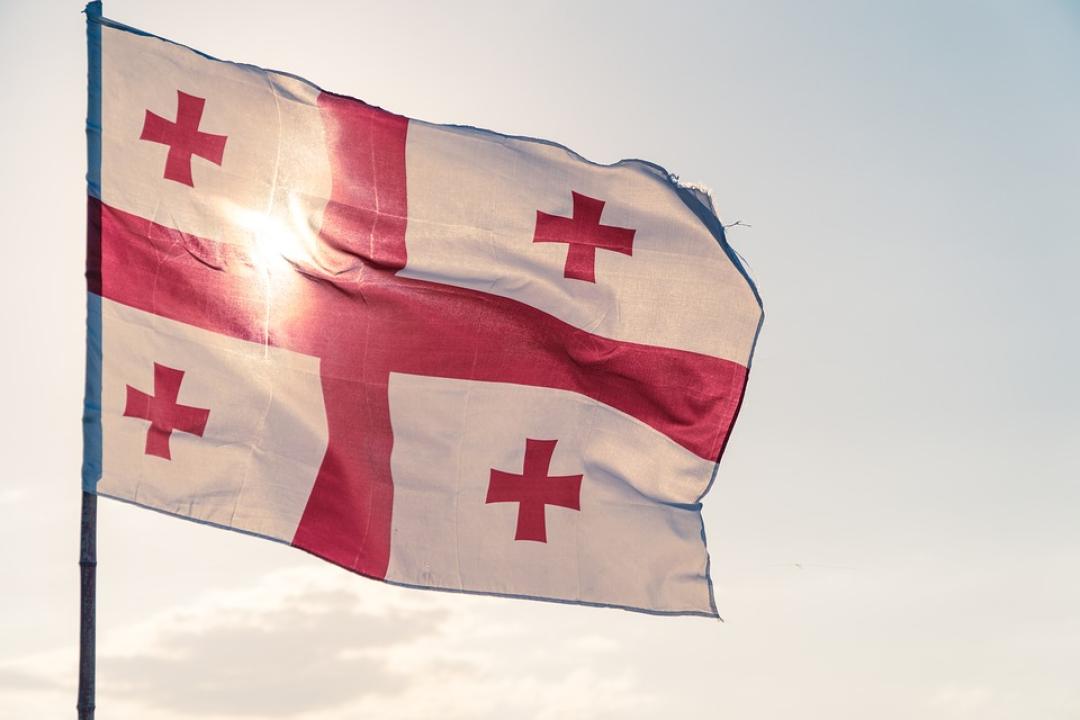
On 3 October, two new EU-financed projects were announced in Georgia. The first one foresees the construction of the 9-km long Kvesheti-Kobi tunnel and is financed by the European Bank of Reconstruction and Development (EBRD). The other project is aimed at developing agricultural cooperatives and small commercial farms in Georgia and is financed by the European Neighbourhood Programme for Agriculture and Rural Development (ENPARD) and the French Development Agency (AFD).
The EBRD approved a $60 million aid package to co-finance the construction of the Kvesheti-Kobi tunnel, besides the Asian Development Bank (ADB) which already allocated $415 million for the construction of the tunnel and the Georgian government which contributed contributed $83.6 million. The tunnel is a part of the North-South corridor, which road passes through difficult terrain and is characterized by heavy snowfalls in the winter period. The tunnel will provide safer and more reliable conditions for travellers during the winter, while the new road will enable to avoid traffic flows in Kazbegi National Park and Gudauri winter resort. The road will also improve the living conditions of inhabitants living in the gorge, who are often isolated from the outside world in the winter. It is planned that the road and tunnel are finished by 2023.
The EBRD is owned by 69 countries, as well as the European Union and the European Investment Bank. The EBRD invests in countries and seeks to develop a sound investment climate based on an effective legal and regulatory framework which promotes corporate governance, including sound management practices, a firm stance against corrupt practices, disclosure of information, and clear and consistent accounting and auditing practices. In Georgia the EBRD focuses on supporting private sector competitiveness through innovation, developing local currency and capital markets, expanding markets through inter-regional connectivity, and renewable energy, resource efficiency and climate change adaptation. 198 had been financed by the EBRD in Georgia so far, with a cumulative investment of €3,330 million.
As for the second project, the “Financial, extensional and cooperative support for Georgian farmers” (in short, FinExCoop Georgia) is aimed at supporting small and medium-sized farms to better use the opportunities of exporting products to new markets and to use the opportunities which Georgia has by the agreement of deep and comprehensive free trade area (DCFTA) between Georgia and the EU. “The project will promote entrepreneurship, create new jobs and increase the export of new products,” said the first deputy Minister of Agriculture, Giorgi Khaniashvili. It is a four-year project with a budget of four million euros and will be implemented by the Frankfurt School of Finance & Management, Mercy Corps, Rural Development for Future Georgia (RDFG) and Chambre d’Agriculture du Loiret.
The ENPARD programme has been implemented in Georgia since 2013, with the main goal to reduce rural poverty in the country. The EU aims to reach three main goals through his project: to build capacity and support government institutions in the reform of the agriculture and rural development sector; to improve employment and living conditions of rural populations by strengthening farmers’ cooperation skills and access to resources; and to promote diversified social and economic opportunities in rural areas, particularly for women and youth, in due respect to the environment and the cultural heritage. he total budget for ENPARD in Georgia, covering the period of 2013-2022 is €179.5 million and was divided into three phases.
The Agence Française de Développement (AFD) funds, supports and accelerates the transitions to a fairer and more sustainable world. Focusing on climate, biodiversity, peace, education, urban development, health and governance, the AFD carries out more than 4,000 projects in France’s overseas departments and territories and another 115 countries in the ultimate goal of achieving the UN Sustainable Development Goals (SDG’s).
Siehe auch

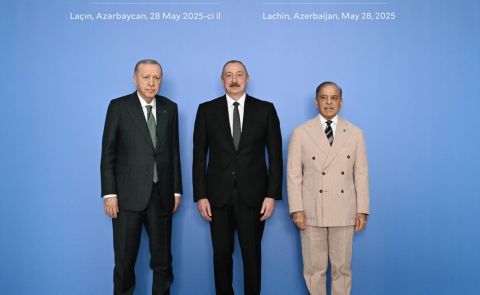
Aserbaidschan, die Türkei und Pakistan betonen auf dem Gipfeltreffen in Lachin ihre wachsende strategische Zusammenarbeit
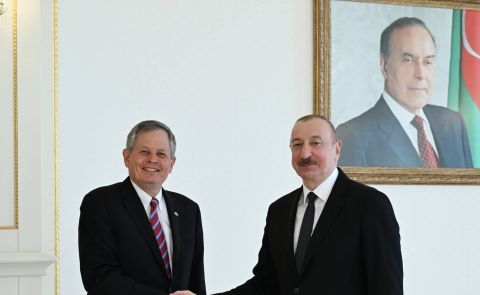
Ilham Alijew trifft US-Senator Steve Daines zur Erörterung der Stärkung der Beziehungen zwischen Aserbaidschan und den USA
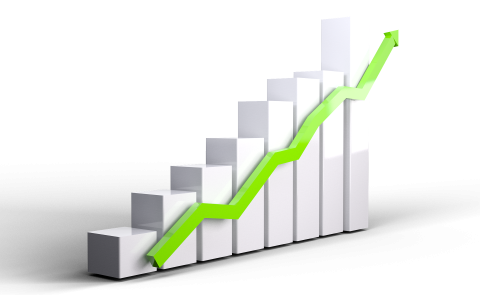
Dmitry Volvach Reports 60% Growth in Azerbaijan-EAEU Trade Over Three Years
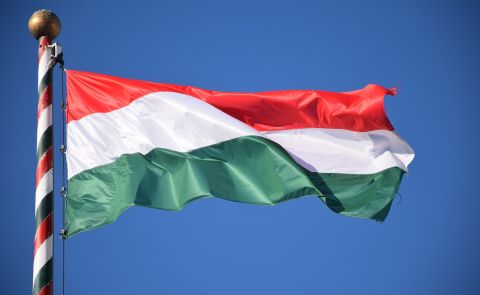
Ungarn besteht auf gleicher EU-Finanzierung für Armenien und Aserbaidschan
